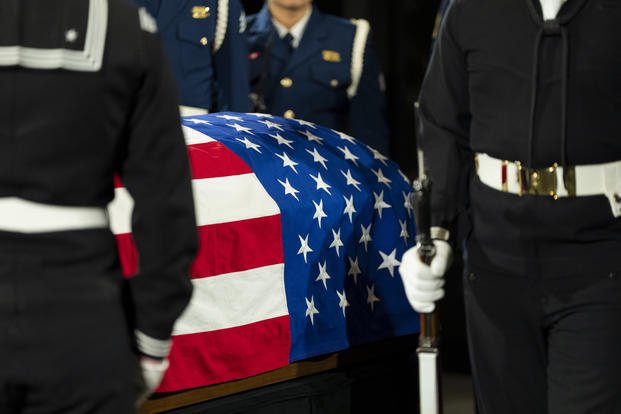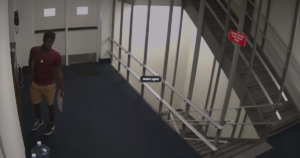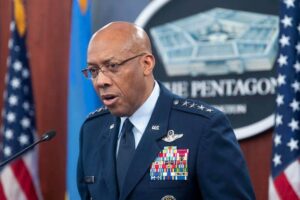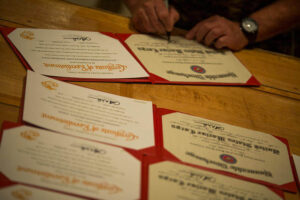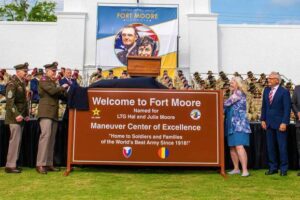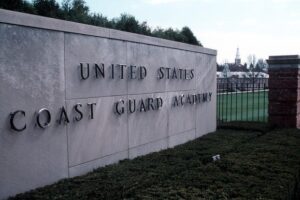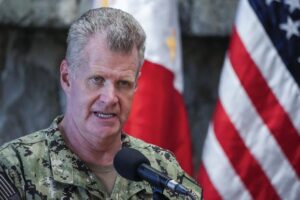As Washington prepares to honor the 39th president of the United States, Jimmy Carter, the nation’s capital becomes a focal point of remembrance and reflection. Nearly 44 years after Carter’s departure from Washington, D.C., his legacy will be commemorated through three days of state funeral proceedings beginning on Tuesday.
Carter’s journey from the Carter Presidential Center in Atlanta to the nation’s capital will commence on Tuesday morning. His remains, accompanied by family, will travel from Dobbins Air Reserve Base to Joint Base Andrews in Maryland, followed by a motorcade to the Capitol. Members of Congress will gather for an afternoon service to pay their respects.
Following his passing on December 29 at the age of 100, Carter’s body will lie in state on Tuesday night and again on Wednesday. On Thursday, a state funeral will be held at Washington National Cathedral, where President Joe Biden is scheduled to deliver a eulogy.
The ceremonies honoring Carter will carry the hallmarks of presidential tradition, including military honors and a flag-draped casket. However, unique tributes will also reflect his personal history. His hearse will pause at the U.S. Navy Memorial, recognizing Carter as the only U.S. Naval Academy graduate to become president, before continuing to the Capitol on a horse-drawn caisson.
Carter’s life was marked by humble beginnings and a commitment to change. He rose from managing his family’s peanut business to becoming governor and then president, promising to transform Washington’s ways. Yet, his presidency was often seen as an outsider’s tenure, struggling with the political norms of the capital.
Biographer Jonathan Alter noted, “Jimmy Carter was always an outsider,” emphasizing Carter’s appeal during a time when the country sought moral renewal following the Vietnam War and the Watergate scandal.
During his time in office from 1977 to 1981, Carter faced challenges in navigating Washington’s political and social circles. He was sometimes described as having a prickly demeanor, and his down-to-earth approach, which included selling the presidential yacht, did not always resonate with the city’s elite.
Washington Post columnist Sally Quinn once described the Carters as “an alien tribe,” noting their discomfort with the city’s social customs. This outsider perception persisted through Carter’s presidency and contributed to his electoral defeat in 1980.
Despite these challenges, Carter’s post-presidential years were marked by significant contributions to humanitarian efforts. His legacy is seen in the work of The Carter Center, which focuses on democracy, public health, and human rights.
Brad Webb, an Army veteran who paid his respects at the Carter Presidential Center, reflected on Carter’s dual legacy. “He was a simple man in so many ways,” Webb said, adding, “He was also a complicated man, who took his defeat and did so much good in the world.” Webb, who did not initially support Carter politically, now appreciates the challenges faced during his presidency.
Carter’s presidency, often overshadowed by economic and international crises, is being revisited with a more nuanced understanding of his efforts and accomplishments. As the nation gathers to honor him, the enduring impact of his post-presidential work is celebrated alongside his time in office.

